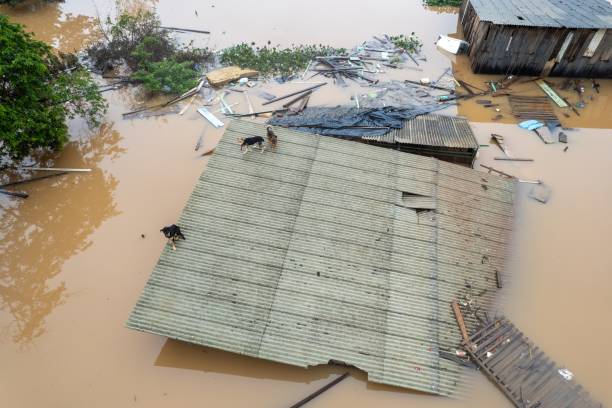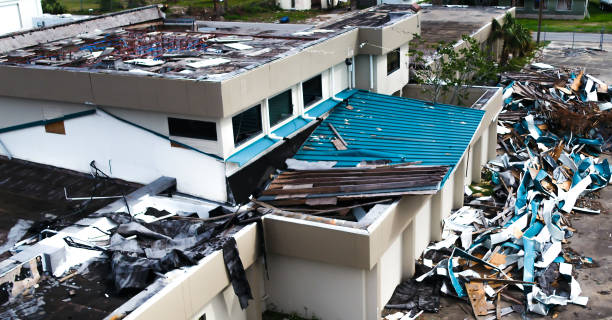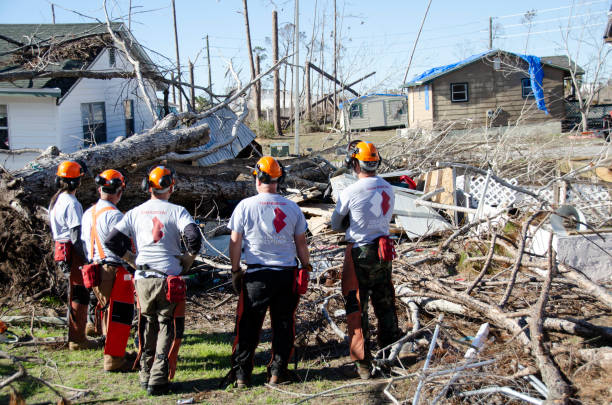Introduction
Natural disasters can strike at any moment, leaving behind a trail of destruction and financial hardship. Among the most devastating are earthquakes, hurricanes, and tornadoes. These events can cause significant damage to homes, businesses, and personal property, making it crucial for individuals and businesses to have appropriate insurance coverage. This article will explore the types of insurance available for natural disasters, focusing on earthquake, hurricane, and tornado coverage. It will discuss the importance of each type, what they cover, and how to ensure you have the right protection.

Understanding Natural Disaster Insurance
Natural disaster insurance is designed to provide financial protection against losses caused by events such as earthquakes, hurricanes, and tornadoes. Standard homeowners or business insurance policies often do not cover these types of disasters, necessitating the need for additional, specialized policies.
Earthquake Insurance
Importance of Earthquake Insurance
Earthquakes can cause catastrophic damage, particularly in regions that are seismically active. Unlike other natural disasters, earthquakes can occur with little to no warning, leaving residents and businesses with minimal time to prepare.
What Earthquake Insurance Covers
Earthquake insurance typically covers:
- Structural damage to buildings, including the foundation and framework.
- Personal property within the building, such as furniture, electronics, and other valuables.
- Additional living expenses if the home is uninhabitable due to earthquake damage.
Obtaining Earthquake Insurance
To obtain earthquake insurance, homeowners and businesses need to add an earthquake endorsement to their existing policy or purchase a separate earthquake policy. Factors that influence the cost include the building’s location, age, construction type, and the selected deductible.
Hurricane Insurance
Importance of Hurricane Insurance
Hurricanes bring with them a combination of high winds, heavy rains, and storm surges, all of which can cause extensive damage. Areas prone to hurricanes, such as coastal regions, face significant risks each hurricane season.

What Hurricane Insurance Covers
Hurricane insurance typically covers:
- Wind damage to buildings and personal property.
- Flood damage, although this may require a separate flood insurance policy.
- Loss of use or additional living expenses if the home is uninhabitable due to hurricane damage.
Obtaining Hurricane Insurance
Hurricane coverage is often part of a standard homeowners policy in hurricane-prone areas, but with specific windstorm and flood endorsements. The cost of hurricane insurance depends on factors such as the property’s location, construction type, and the deductible chosen.
Tornado Insurance
Importance of Tornado Insurance
Tornadoes can occur with little warning and cause severe damage due to their high winds and debris. While some regions are more prone to tornadoes, these storms can happen almost anywhere, making tornado insurance vital.
What Tornado Insurance Covers
Tornado insurance typically covers:
- Wind damage to structures and personal property.
- Debris removal costs.
- Additional living expenses if the home is uninhabitable due to tornado damage.
Obtaining Tornado Insurance
Tornado damage is generally covered under standard homeowners or renters insurance policies. However, in high-risk areas, additional endorsements may be required. Factors influencing the cost include the property’s location, construction type, and the deductible selected.
Ensuring Adequate Coverage
Assessing Risk
To ensure adequate coverage, it is essential to assess the risk of natural disasters in your area. This involves understanding the likelihood of earthquakes, hurricanes, and tornadoes and the potential impact on your property.
Reviewing Policies
Regularly reviewing insurance policies is crucial to ensure they provide adequate protection. This includes checking for any exclusions or limitations and updating coverage as needed to reflect changes in property value or risk.
Working with an Insurance Agent
An experienced insurance agent can help identify the right coverage for your needs. They can provide guidance on the appropriate policies, help assess risk, and ensure that all potential gaps in coverage are addressed.
Mitigating Risk
In addition to insurance, property owners can take steps to mitigate the risk of damage from natural disasters. This includes reinforcing structures, installing storm shutters, and creating emergency preparedness plans.

Conclusion
Natural disasters such as earthquakes, hurricanes, and tornadoes pose significant risks to property and financial stability. Having the right insurance coverage is crucial to protect against these events. By understanding the specific insurance needs for each type of disaster, assessing risk, reviewing policies, and working with an experienced insurance agent, individuals and businesses can ensure they have the protection they need to recover from these devastating events. Taking proactive steps to mitigate risk further enhances this protection, providing peace of mind and financial security in the face of nature’s unpredictability.
